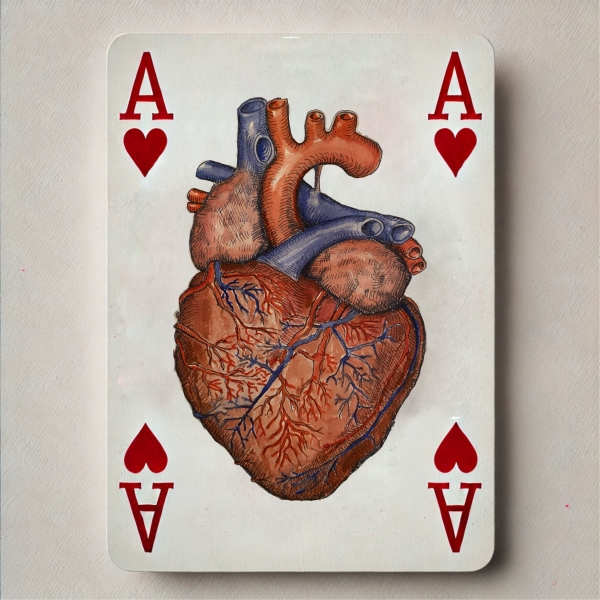Karl Marx observed: "The anatomy of humans
is key to the anatomy of apes." Similarly, by examining the material traces of contemporary playful performances, we uncover
epistemic connections and cultural patterns that go beyond the surface-level family similarities (Ludwig Wittgenstein)
of games—whether they are perceived as stories, products, art, or simply childish activities.
We aim to pin down how
exactly culture is originally played (Johan Huizinga). By paying attention to both the frivolous and the serious, games open
a window into contemporary ways of communicating knowledge. Current trends in pre-packaging playful experiences via media
systems, crowd funded board games or designing escape rooms give us the materialist clues to understand their predecessors
in different cultural contexts. We will dive into the media history of toys, boards, books, cards, and interfaces, tracing
how these artifacts imply knowledge and generate information through simulation. This approach provides both a critique of
contemporary game design and a speculative foundation for rethinking ludology as a discipline in its own right within the
current context of popular new materialism.
ProgramThe Anatomy of Games is a public workshop
— a playful laboratory for inter- and transdisciplinary research practices. How does play ossify? How is it turned into games
and ultimately culture? Together with international scholars and game designers, we trace the outlines of a potential Ludology:
a consistent scienctific practice evolving around games and play — not yet as a fixed field, but as a shifting, experimental
practice. Over the course of one day, we will:
- Test an interdisciplinary approach to uncover how tacit knowledge
is processed through the act of play — in a pre-discursive space.
- Co-create a deck of cards, treating game design
itself as a form of research, placed at the intersection of art and science — tactile, poetic, and open-ended.
- Engage
with the male and female cycles as a rhythmic foundation for collective creativity and playful exchange — moving beyond flow
as cognitive metaphor.
- Discuss the promises and challenges of Ludology within the contemporary academic landscape
— as well as its potential for intentionally shaping urban spaces to strengthen the public sphere; the social fabric of the
infra-ordinary.
Led by escape game designer Francine Boon, and framed by a final panel with philosopher Gabriele
Gramelsberger, this event invites all those who are curious about the hidden architectures of knowledge — their game systems,
playful sensualities, unanticipated futures.
ludology.uni-ak.ac.at



